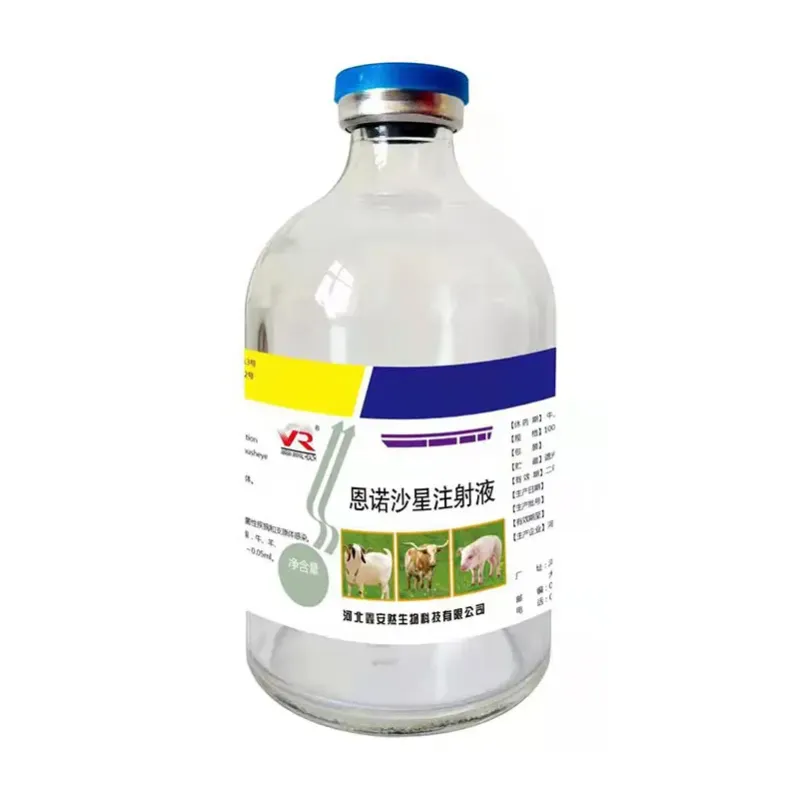- Afrikaans
- Albanian
- Amharic
- Arabic
- Armenian
- Azerbaijani
- Basque
- Belarusian
- Bengali
- Bosnian
- Bulgarian
- Catalan
- Cebuano
- Corsican
- Croatian
- Czech
- Danish
- Dutch
- English
- Esperanto
- Estonian
- Finnish
- French
- Frisian
- Galician
- Georgian
- German
- Greek
- Gujarati
- Haitian Creole
- hausa
- hawaiian
- Hebrew
- Hindi
- Miao
- Hungarian
- Icelandic
- igbo
- Indonesian
- irish
- Italian
- Japanese
- Javanese
- Kannada
- kazakh
- Khmer
- Rwandese
- Korean
- Kurdish
- Kyrgyz
- Lao
- Latin
- Latvian
- Lithuanian
- Luxembourgish
- Macedonian
- Malgashi
- Malay
- Malayalam
- Maltese
- Maori
- Marathi
- Mongolian
- Myanmar
- Nepali
- Norwegian
- Norwegian
- Occitan
- Pashto
- Persian
- Polish
- Portuguese
- Punjabi
- Romanian
- Russian
- Samoan
- Scottish Gaelic
- Serbian
- Sesotho
- Shona
- Sindhi
- Sinhala
- Slovak
- Slovenian
- Somali
- Spanish
- Sundanese
- Swahili
- Swedish
- Tagalog
- Tajik
- Tamil
- Tatar
- Telugu
- Thai
- Turkish
- Turkmen
- Ukrainian
- Urdu
- Uighur
- Uzbek
- Vietnamese
- Welsh
- Bantu
- Yiddish
- Yoruba
- Zulu
10 月 . 07, 2024 03:15 Back to list
tylosin tartrate injection 20
Tylosin Tartrate Injection 20 An Overview of Its Use and Benefits
Tylosin tartrate injection 20 is a veterinary antibiotic widely used in the treatment of bacterial infections in livestock and companion animals. It is particularly effective against a range of pathogens, including those responsible for respiratory and enteric diseases. The compound, derived from the fermentation of Streptomyces fradiae, exhibits properties similar to macrolide antibiotics, making it a valuable tool in veterinary medicine.
Tylosin Tartrate Injection 20 An Overview of Its Use and Benefits
In addition to its role in treating acute infections, tylosin tartrate is also used as a preventive measure in herd management practices. By administering the antibiotic in controlled environments, farmers can reduce the occurrence of disease outbreaks, thereby maintaining healthier livestock populations. This proactive approach is particularly important in maintaining animal welfare and ensuring the economic viability of farming operations.
tylosin tartrate injection 20

Tylosin is also effective in treating certain gastrointestinal conditions, such as necrotic enteritis in poultry. The disease, often associated with Clostridium perfringens, can lead to severe morbidity and mortality in flocks. By incorporating tylosin tartrate injection into treatment regimens, poultry producers can significantly mitigate the impact of this disease, leading to healthier birds and better production outcomes.
Despite its many benefits, the use of tylosin tartrate is not without controversy. Concerns regarding the potential for antibiotic resistance have led to increased scrutiny and regulation of antibiotic use in agriculture. As with any antibiotic, it is crucial to use tylosin responsibly and adhere to recommended dosages and treatment durations to minimize the risk of resistance development. Veterinary oversight and adherence to withdrawal times before slaughter or egg-laying are necessary to ensure food safety.
Moreover, alternative strategies such as improving animal husbandry practices, enhancing biosecurity measures, and utilizing vaccines are being explored to reduce reliance on antibiotics like tylosin. These approaches not only help in maintaining the efficacy of existing antibiotics but also promote a more sustainable farming model.
In conclusion, tylosin tartrate injection 20 remains a vital component of veterinary medicine, especially in the management of infectious diseases in livestock and poultry. Its effectiveness in treating and preventing bacterial infections has made it a mainstay in animal health care. However, it is essential that its use is coupled with responsible practices to ensure that the benefits can continue to be realized while minimizing the risk of antibiotic resistance. As the agricultural landscape evolves, continued research and commitment to sustainable practices will be key to maintaining animal health and productivity in the future.
-
The Power of Radix Isatidis Extract for Your Health and Wellness
NewsOct.29,2024
-
Neomycin Sulfate Soluble Powder: A Versatile Solution for Pet Health
NewsOct.29,2024
-
Lincomycin Hydrochloride Soluble Powder – The Essential Solution
NewsOct.29,2024
-
Garamycin Gentamicin Sulfate for Effective Infection Control
NewsOct.29,2024
-
Doxycycline Hyclate Soluble Powder: Your Antibiotic Needs
NewsOct.29,2024
-
Tilmicosin Premix: The Ultimate Solution for Poultry Health
NewsOct.29,2024













